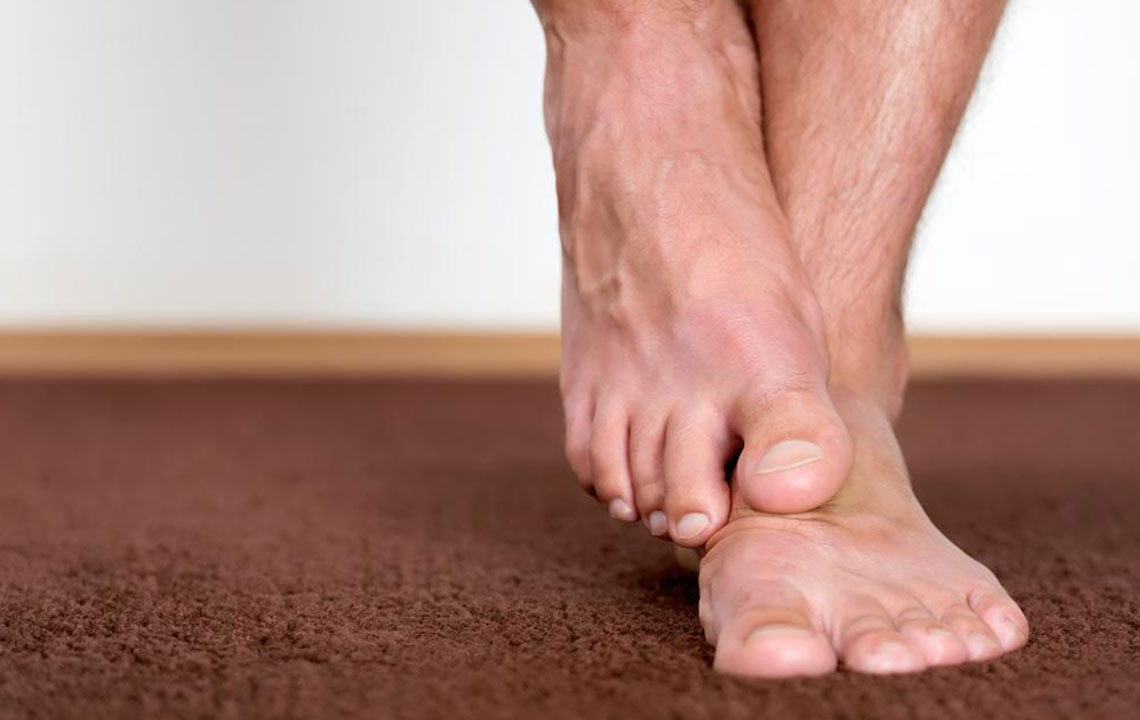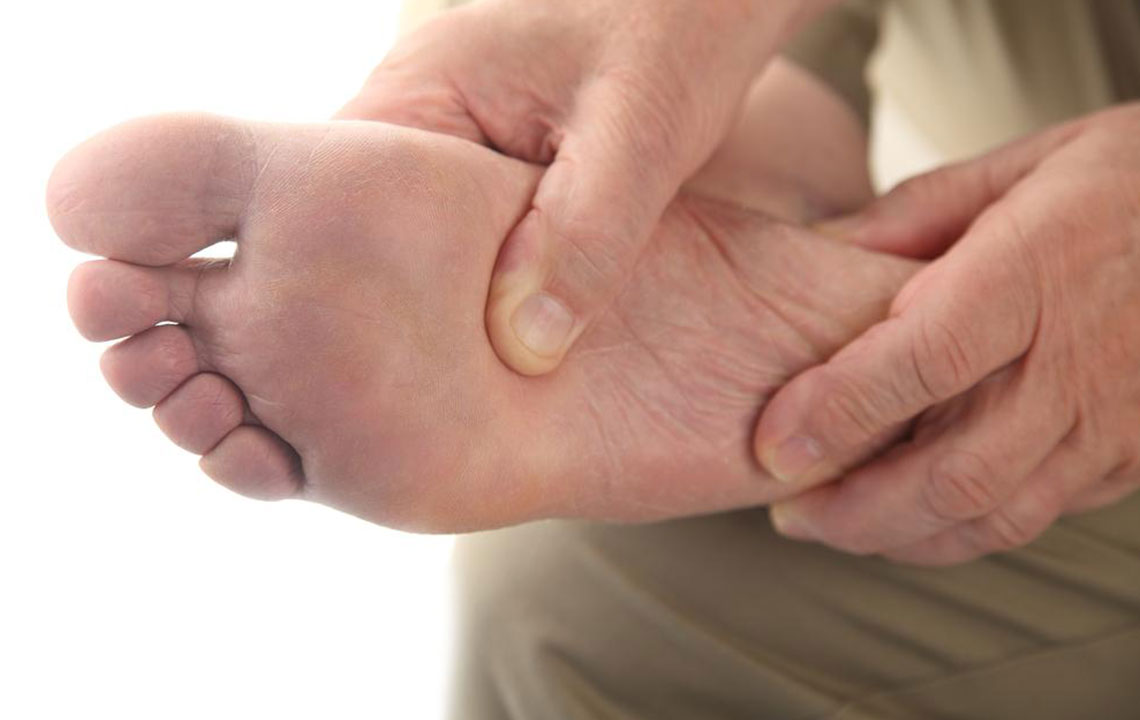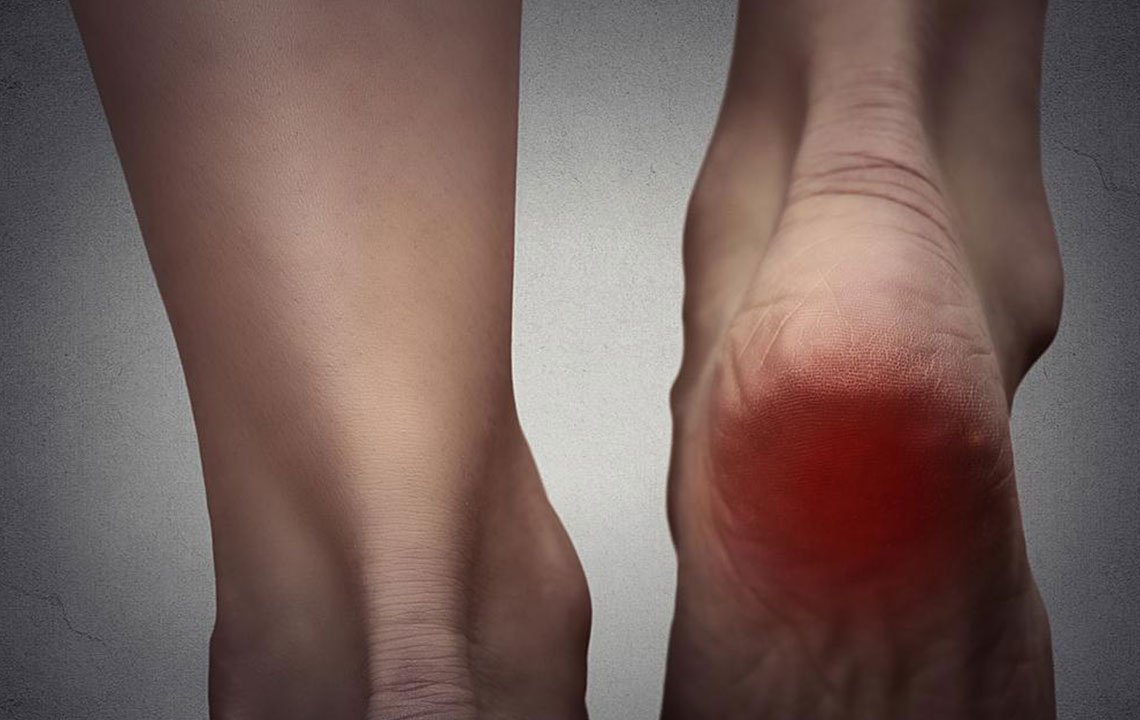Comprehensive Guide to Effectively Managing Foot Numbness and Its Causes
Foot numbness can signal underlying health issues and lead to serious complications if ignored. This comprehensive guide covers causes, management strategies, and preventive measures to help individuals maintain foot health. Discover effective exercises, proper foot care routines, and when to seek medical advice to avoid injuries, improve circulation, and preserve nerve function. Early intervention and lifestyle changes are essential for managing persistent numbness and preventing lasting damage, especially for those with conditions like diabetes or nerve disorders. Protect your foot health today for a better tomorrow.

Comprehensive Guide to Effectively Managing Foot Numbness and Its Causes
Foot numbness, a condition characterized by a loss of sensation or feeling in the feet, can be a temporary nuisance or a sign of more serious health issues. This condition manifests as a tingling, prickling, or burning sensation, often accompanied by reduced sensitivity to pain, temperature, or touch. Many individuals experience brief episodes of numbness when sitting in certain positions, but persistent or recurrent numbness warrants medical attention due to potential underlying factors such as nerve damage, circulatory problems, or chronic illnesses like diabetes.
Understanding how to manage foot numbness effectively can help prevent complications such as wounds, infections, or falls resulting from impaired proprioception. Proper management involves identifying the root causes, adopting lifestyle changes, and employing interventions designed to improve nerve health and blood flow. If you experience ongoing numbness, consulting healthcare professionals such as neurologists, podiatrists, or physical therapists is crucial for diagnosis and tailored treatment plans.
Below are detailed strategies for managing and alleviating foot numbness, along with essential tips for preventive care.
Assessing and managing numbness in the feet
If numbness interferes with balance or daily activities, it is advisable to seek guidance from a healthcare provider. Physical therapy can be instrumental in enhancing stability and strength, especially if nerve impairment affects mobility. Using assistive devices such as a cane or walker can provide additional support, reducing fall risk. Gentle exercises, such as ankle circles, toe stretches, and circulation-boosting activities, can stimulate blood flow to affected areas without causing discomfort.
Addressing the symptoms early is vital as untreated numbness can lead to unnoticed injuries, worsening of nerve damage, or infections. Since numbness may obscure pain or temperature sensations, it’s essential to regularly inspect your feet for injuries or abnormalities. Proper foot hygiene and footwear also play a vital role in preventing wounds and blisters.
Essential tips for foot health maintenance
Use a mirror on the floor or a handheld mirror to inspect the soles of your feet regularly, especially if you have difficulty bending or reaching.
Check your feet daily for cuts, blisters, redness, swelling, or wounds that might go unnoticed due to reduced sensation.
Wear comfortable, properly fitting shoes with adequate support to prevent pressure points and injuries.
Avoid walking barefoot on rough or hot surfaces that could risk injury, especially if you have numbness or reduced sensation.
Persistent or worsening numbness in the feet demands prompt medical evaluation. Conditions such as peripheral neuropathy, diabetes-related nerve damage, or circulatory disorders require specific management strategies to prevent further nerve deterioration and to promote healing. Controlling blood sugar levels, maintaining proper nutrition, and engaging in recommended exercises can contribute significantly to symptom management.
Additionally, lifestyle modifications such as quitting smoking, managing cholesterol, and reducing alcohol intake can improve vascular health, thereby alleviating numbness symptoms. For some individuals, medications like pain relievers, anti-inflammatory drugs, or medications targeting nerve health might be prescribed by healthcare providers. In certain cases, advanced treatments like nerve stimulation therapy or surgical intervention may be necessary.
In conclusion, understanding the causes of foot numbness and adopting comprehensive management techniques can significantly improve quality of life. Early intervention helps prevent serious complications and preserves nerve function. Regular medical check-ups, vigilant foot care, and lifestyle adjustments are the cornerstones of effective management of foot numbness, particularly for individuals with underlying conditions such as diabetes or circulatory problems.





